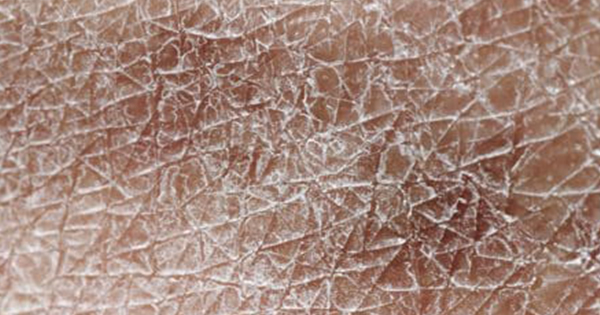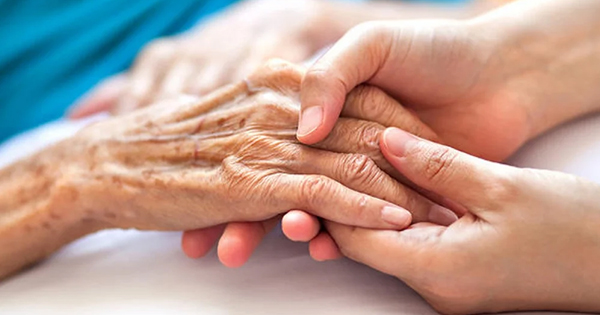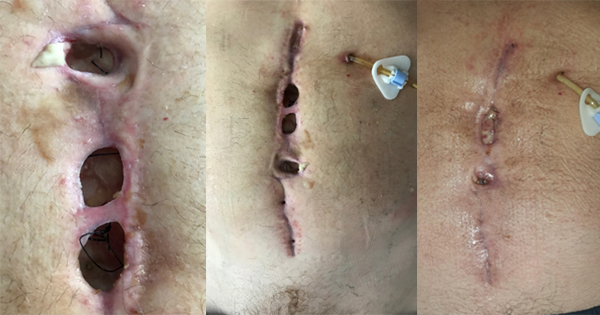Background: Wound chronicity can be due to a range of intrinsic and extrinsic factors, some of which can be controlled. Aim: The main aim of this pilot study was to explore how medications, smoking, and alcohol affect healing rates in a sample of patients at three tertiary wound care clinics. Methods: Seventy-three patients, each with an open wound, were included in the study. Medical history, concomitant medications, smoking status, and alcohol consumption were recorded. Patients wounds were classified as healing or nonhealing based on the comparisons of wound size change since previous visits. Logistic regression with groups of medications known to affect wound healing was undertaken to investigate their ability to independently predict outcome. Results: Groups were well matched for comorbidities, and amount of concomitant medications taken. Logistical regression identified antibiotics as being associated with healing, although this did not reach statistical significance (P=0.07). Alcohol consumption over the recommended allowance was associated with nonhealing (P=0.043). Conclusion: The results suggest that excess alcohol consumption may delay wound healing. A larger study is needed to further the questions.






